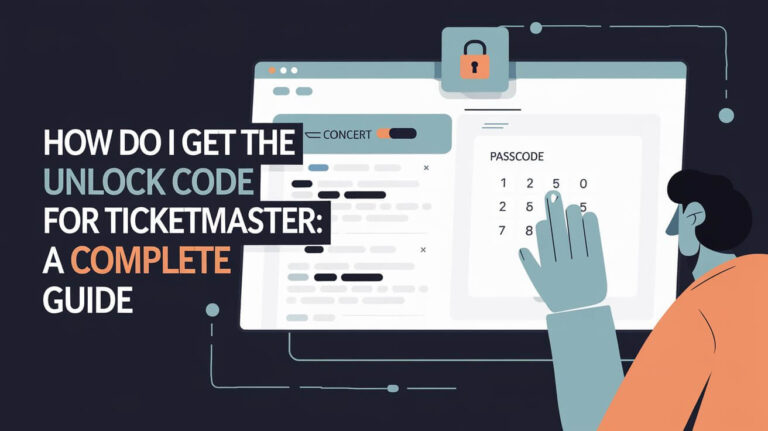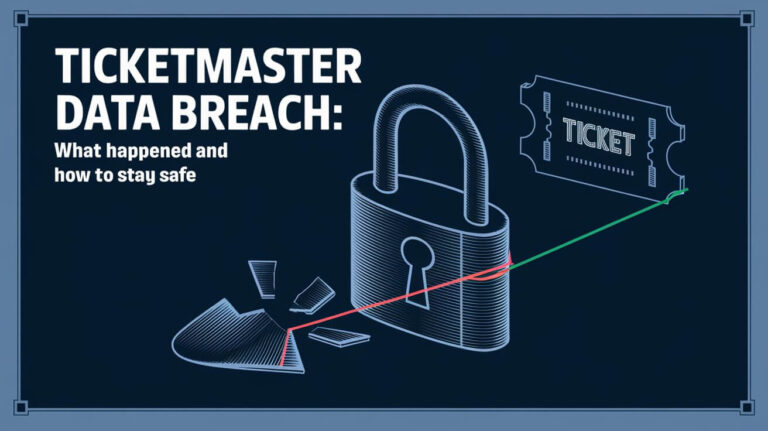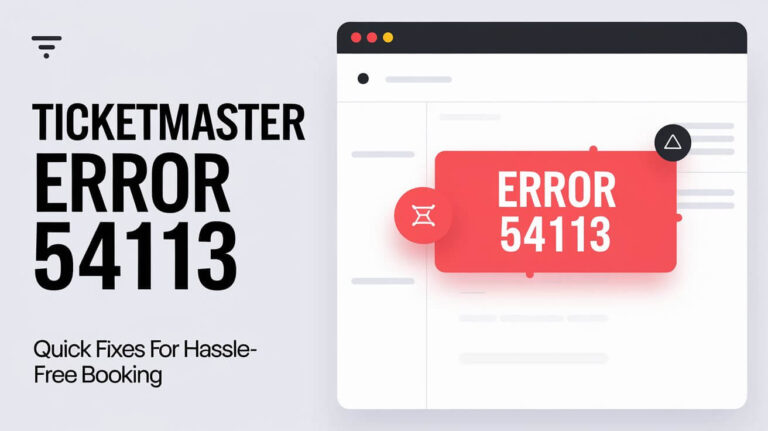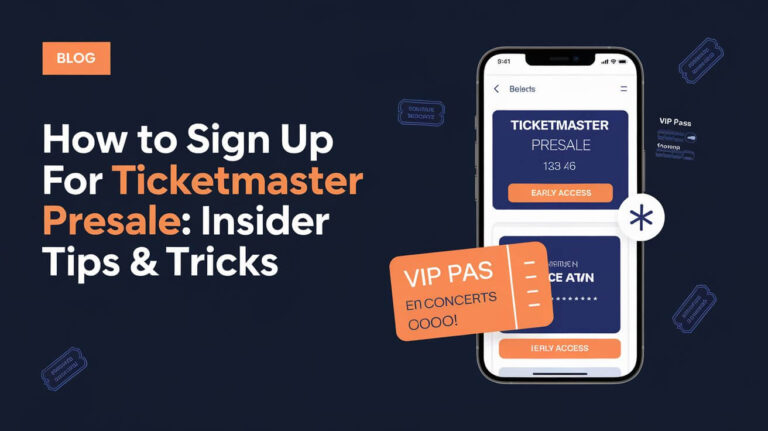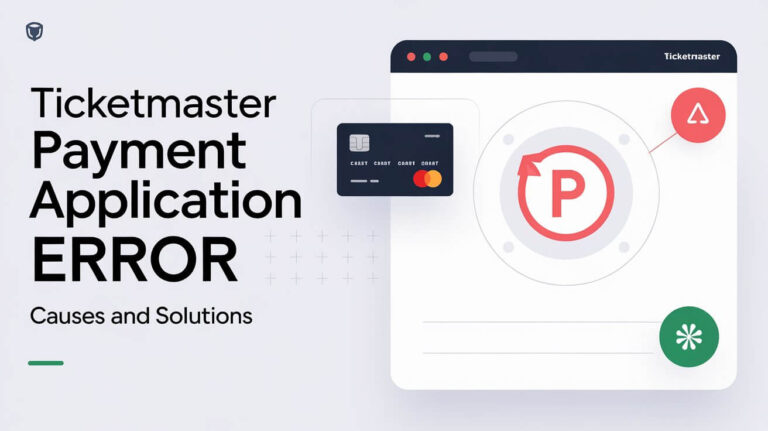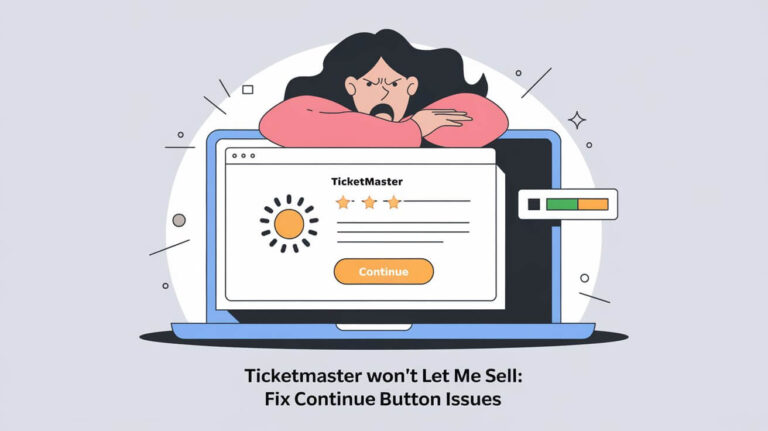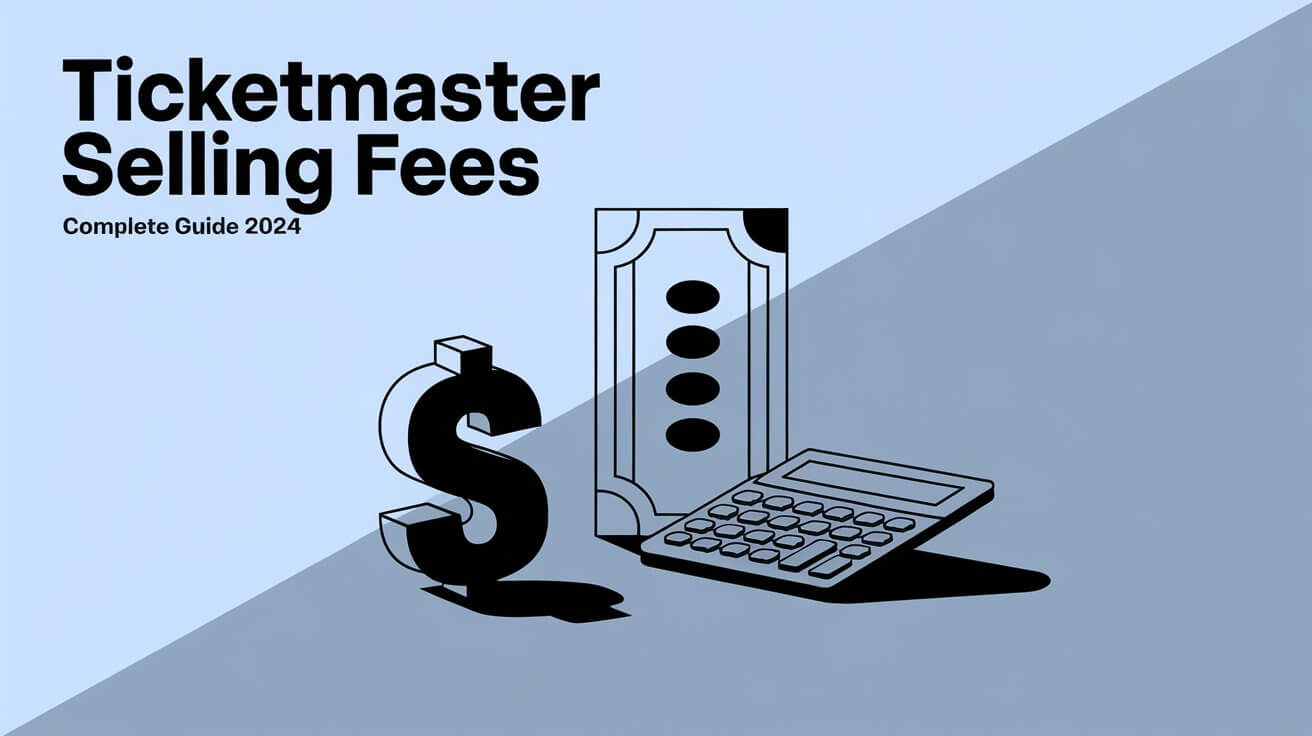
Ticketmaster charges sellers 10-15% of the total ticket price as a service fee. This rate varies based on the type of ticket and event you’re selling. The exact percentage depends on several factors, including team partnerships and venue agreements.
Ticketmaster’s Standard Selling Fees
The basic service fee typically stays between 10-15% for most ticket sales. Teams that use Ticketmaster as their official resale platform might offer lower fees to stay competitive with other sites. These reduced rates help offset the higher prices buyers often find on competing platforms.
Sports teams, especially in the NFL, NBA, and NHL, have direct partnerships with Ticketmaster. These partnerships create a smoother selling process through their official ticket exchange programs. When you sell through these official channels, the fees often run lower than standard rates.
Service Fee Percentages and Ranges
Ticketmaster splits fee earnings with venues and event organizers. The company typically keeps one-third of the service charge, while venues receive the remaining portion. After covering operational costs, Ticketmaster aims for a 2% profit margin on each ticket’s face value.
Season ticket holders often see different fee structures. The platform offers special rates for regular sellers who move large ticket volumes throughout the year. These reduced fees help maintain a steady flow of tickets on the marketplace.
Fee Variations by Event Type
Different events carry different fee structures:
- NFL games through the NFL Ticket Exchange
- NBA games via NBAtickets.com
- NHL games on the NHL Ticket Exchange
- Concert and entertainment events
- Special events and festivals
Hidden Costs and Additional Charges
Beyond the basic service fee, sellers should watch for:
- Payment processing fees
- Bank transfer charges
- Tax reporting requirements
- Currency conversion fees for international sales
Face Value Ticket Exchange Fees
Ticketmaster’s Face Value Exchange offers a unique selling option with zero fees. This program lets fans sell tickets at their original purchase price. It’s designed to combat scalping while helping fans recover their costs when they can’t attend events.
The Face Value Exchange comes with strict rules:
- Tickets must sell at the original purchase price
- No markup allowed on any sales
- Sellers can’t choose their buyers
- Listings remain active until one hour after event start
Payment for Face Value Exchange sales typically arrives within 5-7 business days. Sellers need a valid U.S. bank account and must provide tax information before receiving payments.
Price Restrictions and Limitations
Face Value Exchange listings must include:
- Original ticket face value
- All fees paid during purchase
- Applicable taxes from initial sale
Sellers can’t adjust prices on the Face Value Exchange. The system automatically sets the price to match the original purchase total. This strict pricing helps maintain fair access to tickets for all fans.
Payment Processing on Face Value Sales
The Face Value Exchange uses a straightforward payment system. Money hits your account within 5-7 business days after a successful sale. Sellers need several items ready before listing:
- Valid U.S. bank account details
- Social Security Number (SSN) or Individual Taxpayer ID (ITIN)
- Current debit card for verification
- Updated account information
Professional Seller Fees
Professional sellers moving large ticket volumes face different fee structures. These sellers often handle season tickets or bulk purchases. Ticketmaster controls over 70% of ticket distribution for live events and 80% for live concerts.
Bulk Listing Charges
Large-volume sellers benefit from:
- Streamlined listing processes
- Potential fee reductions
- Automated transfer systems
- Bulk upload capabilities
The platform offers special tools for managing multiple listings. These features help professional sellers track sales, transfers, and payments across numerous events.
Season Ticket Holder Fee Structure
Season ticket holders enjoy several advantages:
- Direct integration with team accounts
- Automated ticket transfers
- Simplified payment processing
- Access to official team exchanges
NFL, NBA, and NHL season ticket holders can sell through team-specific exchanges. These official marketplaces often feature lower fees than standard resale options.
Special Event Fee Adjustments
Major events might carry unique fee structures:
- Championship games
- Playoff matches
- Special performances
- Limited-run shows
Getting Paid for Ticket Sales
Ticketmaster processes payments on a regular schedule. Most sellers receive funds 5-7 business days after successful sales. The platform requires complete account verification before releasing payments.
Payment Timeline and Processing
The standard payment process includes:
- Sale confirmation
- Buyer payment processing
- Account verification check
- Fund transfer initiation
- Bank processing time
Sellers must maintain current banking information. Any outdated details can delay payment processing and transfer times.
Payout Methods Available
Ticketmaster offers several payout options:
- Direct bank deposit
- Debit card transfer
- Electronic payment systems
- Standard banking networks
Direct deposit remains the most popular choice. It offers reliable, trackable payments with standard processing times.
Tax Requirements for Sellers
All sellers must provide tax information:
- Valid SSN or ITIN
- Current address details
- Banking verification
- Tax form acceptance
Fee Comparison with Other Platforms
Ticketmaster’s fees often run lower than competitors. While StubHub and SeatGeek charge up to 30% in total fees, Ticketmaster keeps rates between 10-15% for most sales. This difference can significantly impact seller profits.
StubHub vs Ticketmaster Fees
StubHub charges fees to both buyers and sellers. Their fees can reach up to $500 per ticket in certain cases. Ticketmaster’s more modest fee structure includes:
- Lower base rates
- Fewer additional charges
- Clearer fee breakdowns
- Simpler payment processing
SeatGeek vs Ticketmaster Fees
SeatGeek operates differently from Ticketmaster. While both platforms handle primary and secondary sales, Ticketmaster’s official partnerships often result in lower fees. SeatGeek has partnerships with specific teams:
- Arizona Cardinals
- Dallas Cowboys
- New Orleans Saints
- Washington Commanders
- Baltimore Ravens
- Tennessee Titans
Platform Fee Advantages
Ticketmaster’s main advantages include:
- Direct venue partnerships
- Official team relationships
- Integrated transfer systems
- Automated verification
The platform’s dominant market position helps keep fees competitive. Their extensive partnerships reduce operational costs and fee requirements.
Tips to Maximize Ticket Sale Profits
Smart selling strategies can help offset Ticketmaster’s fees. Timing and pricing play crucial roles in successful sales.
Best Times to List Tickets
Optimal listing windows depend on event type:
- Sports tickets: 2-3 weeks before games
- Concert tickets: 1-2 months before shows
- Special events: As soon as possible
- High-demand shows: Any time
Early listings increase visibility and sale chances. Last-minute sales might require lower prices to attract buyers.
Setting Competitive Prices
Price research helps maximize returns:
- Check similar seat prices
- Monitor price trends
- Watch event popularity
- Consider timing factors
Ticketmaster’s pricing tools provide market insights. These features help sellers set competitive rates while covering fees.
Fee Reduction Strategies
Several approaches can minimize fee impact:
- Use Face Value Exchange when possible
- Sell through official team channels
- Bundle multiple tickets
- Time sales strategically
Common Fee-Related Questions
Fee Calculation Examples
A typical ticket sale breaks down like this:
- $100 ticket face value
- $10-15 service fee
- Processing fees if applicable
- Tax requirements based on total
The final payout arrives 5-7 days after sale completion. All fees deduct automatically from the sale price.
Refund and Cancellation Fees
Cancelled sales may trigger fee adjustments:
- Buyer refunds
- Processing reversals
- Account credits
- Transfer cancellations
Transfer and Delivery Fees
Most tickets transfer digitally without extra costs. Mobile delivery through the Ticketmaster app remains free. Physical ticket delivery might incur additional charges.
Final Thoughts
Ticketmaster’s selling fees range from 10-15% for standard sales, with zero fees on Face Value Exchange listings. Their dominant market position and official partnerships often result in lower fees than competitors. Sellers benefit from integrated systems, automated transfers, and reliable payment processing.
Success on the platform requires understanding fee structures and using available tools. The Face Value Exchange offers fee-free selling for those willing to sell at cost. Professional sellers and season ticket holders often access reduced fees through official team partnerships.
Remember that fees vary by event type, venue agreements, and market conditions. Staying informed about current rates and policies helps maximize selling profits on Ticketmaster’s platform.

